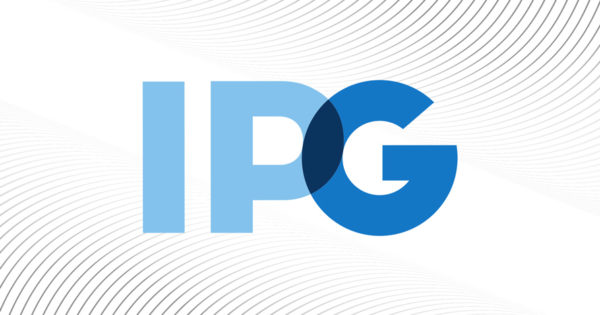
IPG Mediabrands is moving beyond brand safety with a series of guidelines around media responsibility.
Daryl Lee, global CEO of IPG Mediabrands, introduced the company’s 10 Media Responsibility Principles in an internal memo. “It is not enough for brand safety to be about protecting the brand—there must also be a commitment to protect the communities that a brand serves,” Lee said.
He explained that the principles were developed as a response to the Black Lives Matter movement and brands’ increased awareness of “the importance of making hate speech or incitement to violence in media unacceptable,” as well as “recent headlines around Facebook.”
Despite specifically mentioning Facebook, Lee explained that the principles were designed to be broad enough to apply across publishers, platforms and ad tech companies. They were developed in close contact with clients, and IPG Mediabrands is now working with clients on adapting the principles in alignment with their existing policies.
“By doing so, brands will be protecting themselves, as well as be part of protecting the communities that a brand serves,” he added.
The 10 Media Responsibility Principles are:
- Promote Respect
- Protect People
- Diverse and Representative
- Data Collection and Use
- Children’s Wellbeing
- No Hate Speech
- No Misinformation/Disinformation
- Enforce Policy
- Advertising Transparency
- Accountability
“We’re caught in a reactive moment right now. We want to turn this into an ongoing, proactive conversation,” IPG Mediabrands global brand safety officer and UM chief digital officer Joshua Lowcock told Adweek. “Right now, the whole conversation feels like it’s politicized, when it shouldn’t be. Reinjecting some kind of value-based judgment where it fits with corporate values seems like an important next step of brand-safe conversations.”
The sixth principle advises against advertising with publishers, services or platforms with dehumanizing speech or that promote or feature content inciting violence or discrimination, while the seventh principle advises advertising with “partners that ensure people receive quality, factual information” and avoiding funding “partners or content that spread misinformation.”
Both of these issues seem to touch on company policies at businesses including Facebook and Fox News that have been the target of advertising boycotts.
Lowcock declined to say whether IPG Mediabrands would recommend clients avoid Facebook as a platform, or advertising on Fox News, reiterating the broad, cross-platform nature of the guidelines.
“There needs to be a lot done to look at the intent of a platform and what they’re doing to address these concerns,” he said. “These are decisions that need to be owned by the advertiser because they will be subject to pressure on all sides regardless of decisions they make.”
Today, Unilever announced it was halting ad spending on Facebook, making it the latest in a growing list of brands boycotting the social network. Campaigns to boycott Facebook advertising picked up steam earlier this month in the wake of the platform’s decision to leave up a post from President Trump, which Twitter restricted for violating its rules against glorifying violence.
“The issue is the ad industry hasn’t been clear on what values and behaviors are acceptable for where we advertise,” Lowcock said, adding that a firm set of guidelines across the industry would be helpful to navigate such concerns.
https://www.adweek.com/brand-marketing/ipg-mediabrands-media-responsibility-principles/

